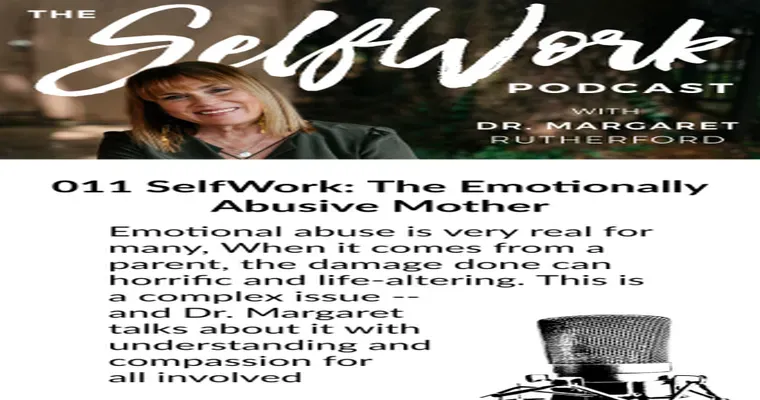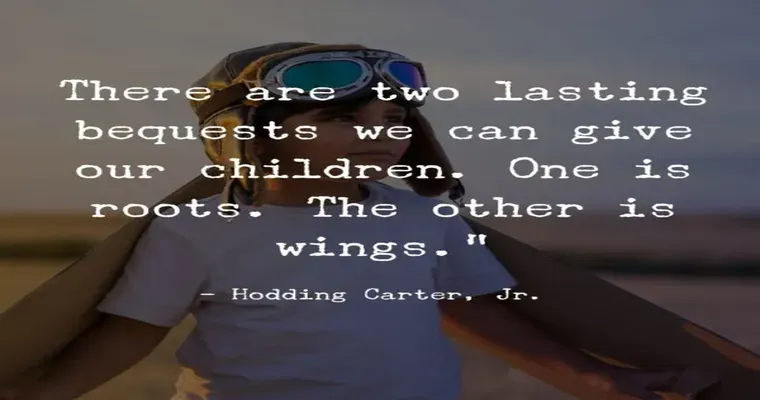An "emotionally abusive mother" can leave deep psychological scars on her children that may last a lifetime. This type of abuse often manifests through manipulation, excessive criticism, and a lack of emotional support, making it difficult for the child to develop a healthy sense of self-worth. Recognizing the signs of emotional abuse is crucial for understanding its effects and seeking help.
Emotional abuse can take many forms, and it is often subtle, making it hard to identify. Children raised by "emotionally abusive mothers" may experience constant "verbal belittling", "gaslighting", and an unhealthy level of control over their lives. These tactics can lead to feelings of inadequacy, anxiety, and depression later in life. It is important to understand that emotional abuse is as damaging as physical abuse, and its effects can be long-lasting.
One common behavior exhibited by an emotionally abusive mother is "manipulation". This can include guilt-tripping the child into adhering to her demands or using emotional outbursts to control situations. Children may feel responsible for their mother’s happiness, leading to a burden of guilt that can be overwhelming. These dynamics can create a toxic environment where the child feels constantly on edge and unable to express their true emotions.
Another sign of emotional abuse is "excessive criticism". An emotionally abusive mother might frequently point out her child’s flaws, leading to a distorted self-image. This criticism can prevent the child from feeling confident in their abilities and may hinder their personal development. Over time, this criticism can manifest as anxiety or low self-esteem, impacting the child’s future relationships and career choices.
Additionally, the tactic of "gaslighting" is prevalent in emotionally abusive dynamics. An emotionally abusive mother may deny her child’s feelings or experiences, making them question their reality. This manipulation can lead to confusion and emotional distress, making it difficult for the child to trust their own perceptions.
Children raised in such environments often struggle with establishing healthy relationships in adulthood. They may find themselves repeating the cycle of emotional abuse or feeling drawn to partners who replicate their childhood experiences. Understanding these patterns is vital for breaking the cycle and seeking professional help.
Healing from the trauma caused by an emotionally abusive mother is possible, but it requires time and effort. Therapy can be an excellent resource for individuals looking to process their experiences and develop healthier coping mechanisms. Support groups and self-help resources can also provide a sense of community and understanding, which is essential for recovery.
In conclusion, recognizing the signs of an "emotionally abusive mother" is the first step towards healing. It is crucial for those affected to seek help and understand that they are not alone in their experiences. By acknowledging the impact of emotional abuse, individuals can begin to reclaim their lives and work towards a healthier future.





